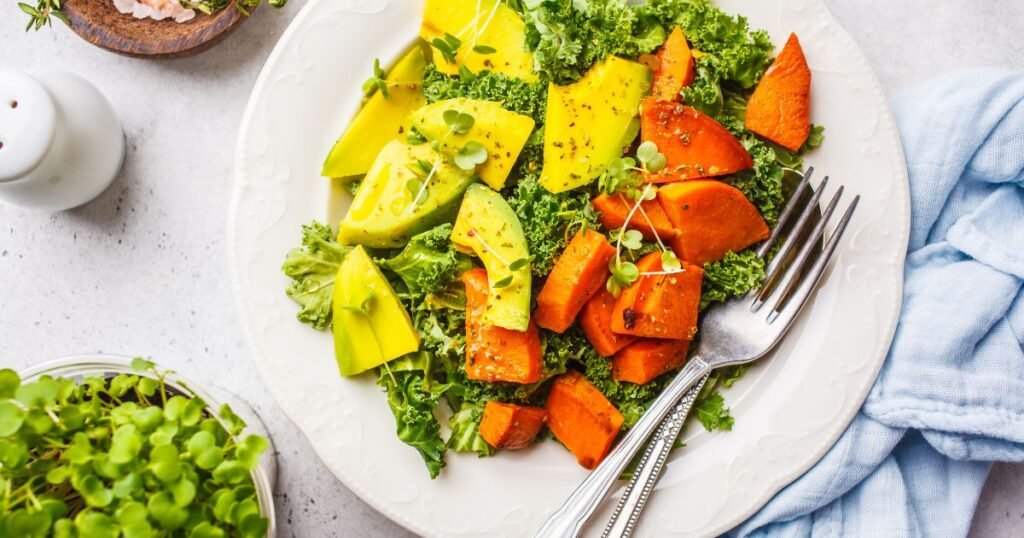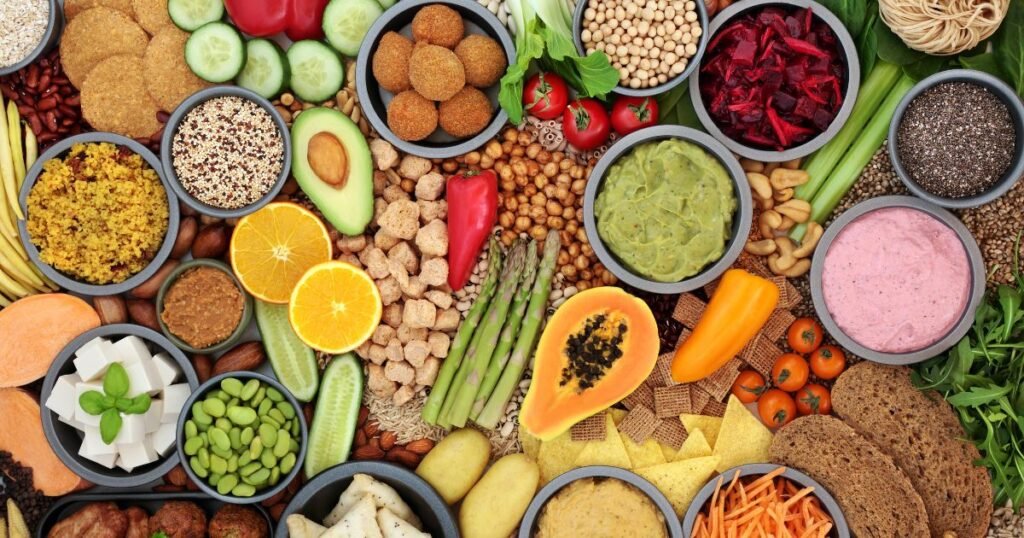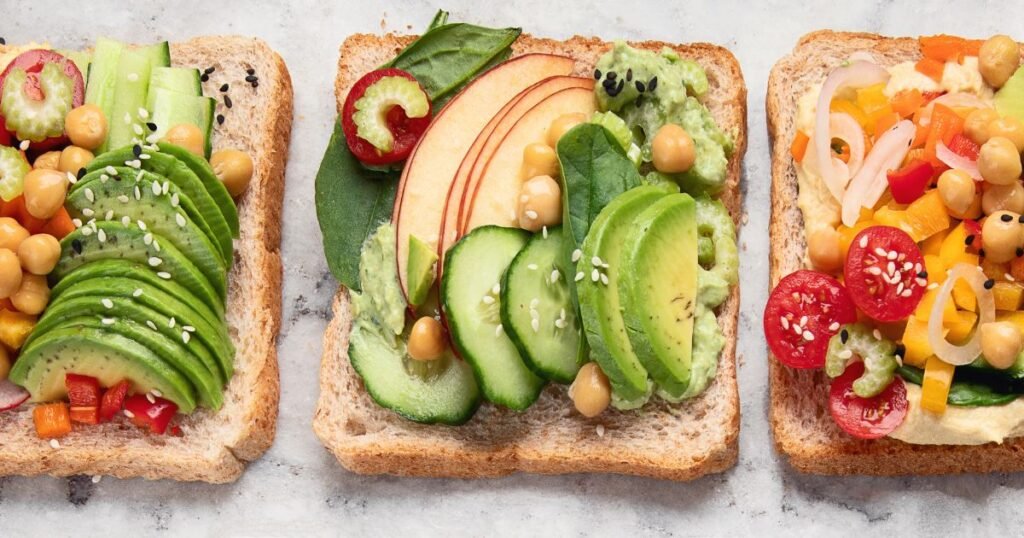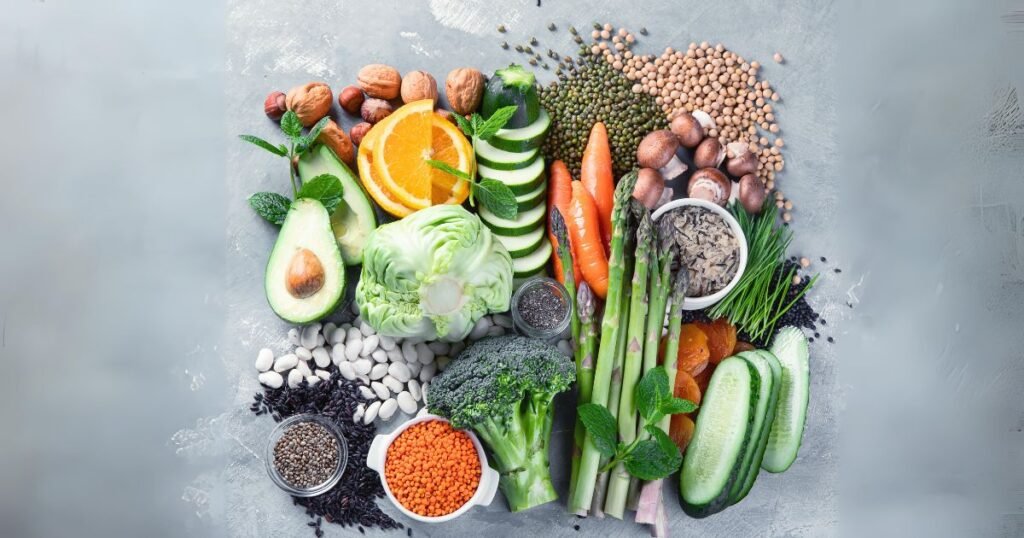Introduction
A plant-based diet consists of foods derived from plants, including vegetables, fruits, whole grains, legumes, nuts and seeds. It excludes meat, poultry, fish, eggs and dairy products. Some plant-based eaters may also avoid byproducts of animal agriculture like honey or gelatin. The plant-based movement has steadily grown in popularity due to increased awareness of the diet’s health, environmental and ethical implications.
Health Benefits
Multiple studies have found that a plant-based diet reduces the risk for heart disease, Type 2 diabetes, high blood pressure and certain types of cancer. The fiber content tends to be higher than non-vegetarian diets, which improves digestion and gut health. The diet is typically lower in unhealthy saturated fat and cholesterol. With good planning, it can meet all nutrient needs and be suitable at all stages of life, including for children, pregnancy and athletes.
Read More: Hangover Food Diet

Some research suggests vegan and vegetarian diets (which avoid all or some animal products) may help with weight loss and weight maintenance thanks to their high nutrient and fiber content, though results may vary by individual. Those switching to a plant-based diet often report having more energy, better mood, improved skin and shinier hair.
Environmental Impact
The production of meat and dairy is generally detrimental to the environment. It requires more land, water and energy than growing plant crops. Animal agriculture is a top contributor to climate change due to its high greenhouse gas emissions. It also pollutes waterways, destroys forests and leads to poor soil health. Thus, avoiding or reducing consumption of animal products through a plant-based diet effectively lessens one’s environmental footprint.
Ethics
For some, plant-based eating comes down to ethics. They wish to avoid supporting industries that exploit sentient animals for profit. More than 70 billion land animals are factory farmed globally per year in cramped, cruel conditions, though these animals have complex thoughts, feelings and social bonds like the pets we adore at home. A vegan diet, which precludes all animal-based foods, allows people to align their health, environmental and ethical values around food.
Getting Started
Transitioning to a plant-based diet may seem intimidating at first, but with proper guidance, planning and commitment, anyone can be successful. Begin by familiarizing yourself with complete plant proteins like beans, lentils, soy foods, nuts, seeds and whole grains. Build your diet around these healthy staples, and pile on the fruits and veggies for important vitamins and minerals.
Don’t simply eliminte animal products – replace them with whole, nutrient-dense plant alternatives to feel satisfied. For example, rather than just removing cheese from your favorite dishes, use cashew cream sauce or sprinkle on some nutritional yeast for flavor instead. Check labels for hidden animal ingredients like whey protein or egg white powder. With creativity and advanced meal planning, the plant-based diet can be affordable and inclusive of your cultural food traditions.

Sample Meal Plan
Breakfast: Overnight oats with berries, chia seeds and almond milk
Lunch: Veggie sandwich on whole grain bread with hummus, tomatoes, spinach and avocado. Side salad.
Dinner: Burrito bowls with rice, black beans, fajita veggies, salsa, guacamole
Snacks: Fruits, vegetables, nuts, seeds, plant-based yogurt, smoothies
Plant-Based Diet Recipes
Those new to plant-based eating will be happy to know that the diet allows for endless delicious recipes and flexibility. From colorful Buddha bowls to veggie burgers to chana masala, the possibilities are vast once whole foods from plants are creatively combined. There is no need to overcomplicate recipes either when first transitioning to plant-based eating. Sautéing or roasting vegetables drizzled with olive oil, herbs and spices can make for satisfying meals. Hummus and bean spreads also pair well with raw veggies or rice crackers for easy high-protein snacks.
Plant-Based Diet Benefits
A wealth of research shows that plant-based eating provides impressive health advantages. Specifically, the diet has been found to lower body mass index as well as risk for heart disease, certain cancers, diabetes, high blood pressure and premature death. The fiber-rich diet improves digestion and gut microbiome diversity too. Plant eaters typically have lower cholesterol and blood pressure levels plus reduced inflammatory markers.
The antioxidant and nutrient density inherent in fruits, veggies, beans, lentils, whole grains and plant oils supplies the body with a plethora of disease-fighting compounds. Lean protein and healthy fats join forces with this botanical goodness to power plant-based eaters each day. Athletic performance also stands to benefit from higher carb intakes that store well as muscle glycogen. All evidence indicates well-planned meatless eating can fuel long-term wellness for people across the lifespan.
Conclusion
The plant-based diet offers tremendous benefits for health, the planet and animals when done right. It exceeds basic nutrition guidelines thanks to its focus on vegetables, fruits, whole grains, nuts, seeds and legumes. Studies show the diet can prevent chronic illnesses, aid weight loss and lengthen lifespan. Additionally, plant-based eating principles help conserve environmental resources and avoid exploitation of animals. With proper planning to ensure balanced nutrition, individuals at any age or stage of life can thrive on the diet. By making compassionate, more environmentally conscious food choices, anyone can move closer to living their values and positively impacting the world.

Read More: Plant-Based Diet
FAQs
Q: Do I need to take supplements on a plant-based diet?
A: Supplements are not required but recommended to ensure optimal nutrition, like at least 2000 IU vitamin B12 per day. Depending on sun exposure, vitamin D and omega-3s may be beneficial too.
Q: Will I have enough protein in my diet without meat?
A: Absolutely. As long as you eat a variety of protein-rich plant foods like lentils, beans, soy products, nuts and seeds every day.
Q: Is the plant-based diet suitable for athletes and bodybuilders?
A: Yes! Many successful vegan athletes praise the diet for supporting their demanding training regimens and recovery. Key is ingesting enough calories and protein from plants.
Q: Can children follow a plant-based diet too?
A: Children can get adequate nutrition from a well-planned plant-based diet. Focus on protein, calcium, iron, vitamin B12 and vitamin D from fortified plant milks and supplements. Consult a doctor first.
Q: What if I can’t give up cheese? Can I still be plant-based?
A: Some flexibility is allowed in the plant-based diet. You can start by cutting out other animal products before phasing out small amounts of dairy like cheese over time if desired.






